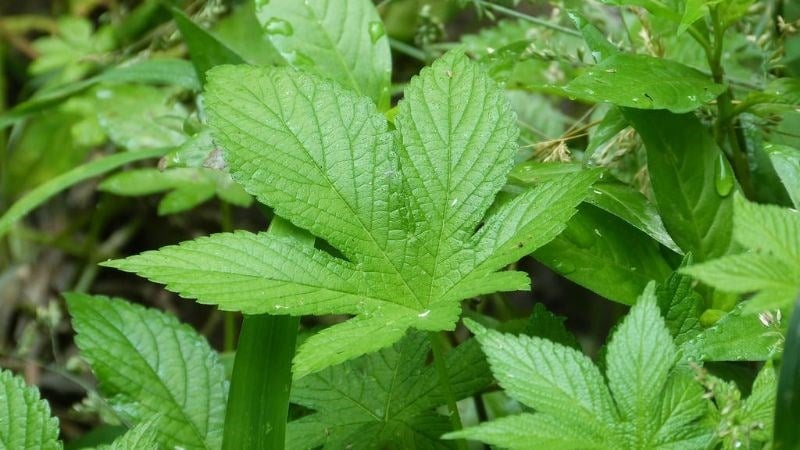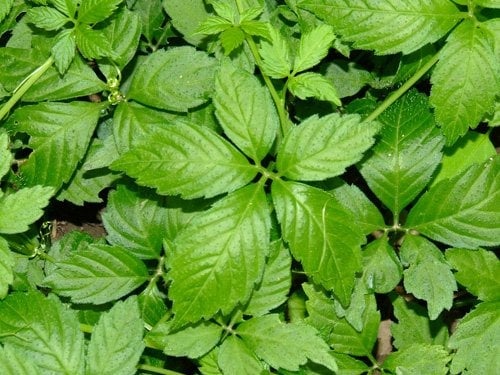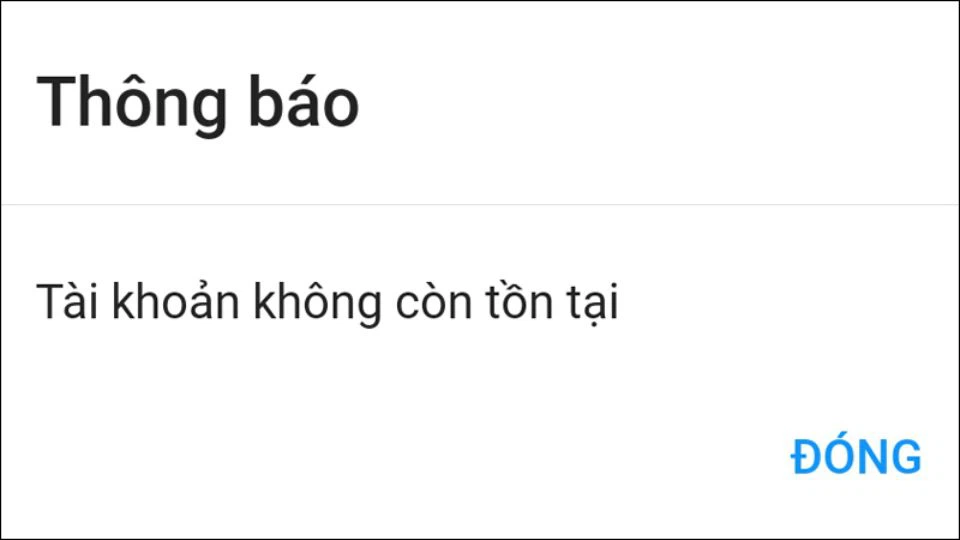Unveiling the Medicinal Properties of Jiaogulan
Jiaogulan, also known as Gynostemma pentaphyllum, is a plant native to the mountainous and forested regions of Asia. It is commonly referred to as “Southern Ginseng” or “Miracle Grass” due to its unique medicinal properties. Although it has been used in traditional medicine for centuries, Jiaogulan has only gained prominence in the past decade.
This herb is commonly found in herbal teas and dietary supplements. According to Dr. Michael Aziz, a regenerative medicine expert in the US, Jiaogulan tea is a potent antioxidant, with eight times the antioxidant capacity of green tea. He recommends infusing one to two teaspoons of dried Jiaogulan with 250ml of filtered water. Despite its bitter taste, the tea has a subtle sweetness.

The bitterness of Jiaogulan comes from saponins, organic compounds believed to offer various health benefits. With its cooling nature and bitter taste, Jiaogulan is especially useful for heat dissipation, detoxification, and supporting the treatment of conditions such as viral hepatitis, chronic gastroenteritis, and chronic bronchitis. The sweetness of Jiaogulan is also beneficial for cardiovascular health, liver protection, qi and blood support, and addressing issues like hyperlipidemia, hypertension, fatty liver, insomnia, and headaches.
The health benefits of Jiaogulan are attributed to gypenosides, a type of saponin with a structure similar to ginsenosides found in ginseng. Gypenosides help activate the enzyme protein kinase, which plays a crucial role in maintaining cellular energy balance. They also exhibit antioxidant properties, improve insulin signaling and mitochondrial function, and slow down the aging process.
Additionally, Jiaogulan has been studied for its anti-cancer and blood pressure-lowering properties. However, most current research is limited to laboratory experiments on mice and other animals, along with small-scale clinical trials focusing on diabetes, obesity, and stress. While Jiaogulan shows great potential, more human studies are needed to definitively determine its full range of benefits.
Here are some of the known health benefits of Jiaogulan:
Stress Reduction:
Jiaogulan is believed to be one of the herbs that help reduce stress. A study in South Korea surveyed 72 individuals with a history of chronic stress and anxiety. Half of them were given Jiaogulan leaf extract, while the other half received a placebo. After eight weeks, those who consumed Jiaogulan self-reported lower stress levels, although there were no significant differences in stress hormones such as norepinephrine and cortisol between the two groups.

Diabetes:
A small study involving 16 newly diagnosed type 2 diabetics showed that consuming 6g of Jiaogulan tea daily for four weeks improved their bodies’ response to insulin. In another study, 25 type 2 diabetic patients who took hypoglycemic drugs along with 6g of Jiaogulan tea daily for eight weeks exhibited significantly improved blood sugar control, with reduced hemoglobin A1C and fasting blood glucose levels.
Obesity:
A study involving 117 obese individuals found that taking 450mg of Jiaogulan extract daily for 16 weeks resulted in significant reductions in body mass index (BMI), total body fat, and total body weight compared to a placebo group.
Additional Benefits:
Besides the mentioned health benefits, preliminary studies on cell cultures or animal models have suggested that Jiaogulan may be beneficial in treating cancer, high cholesterol, Alzheimer’s, Parkinson’s, liver damage, and aging. However, due to the lack of human studies, Jiaogulan is not recommended for these purposes.
Jiaogulan is considered safe for consumption, but common side effects may include nausea and diarrhea. Less common side effects include vomiting, dizziness, blurred vision, and ringing in the ears. Individuals taking medications should consult their doctors before incorporating Jiaogulan into their daily routine, as this supplement may interact with certain drugs. Dr. Aziz cautions that diabetics should be careful, as excessive consumption of Jiaogulan tea may lower blood sugar levels.






























